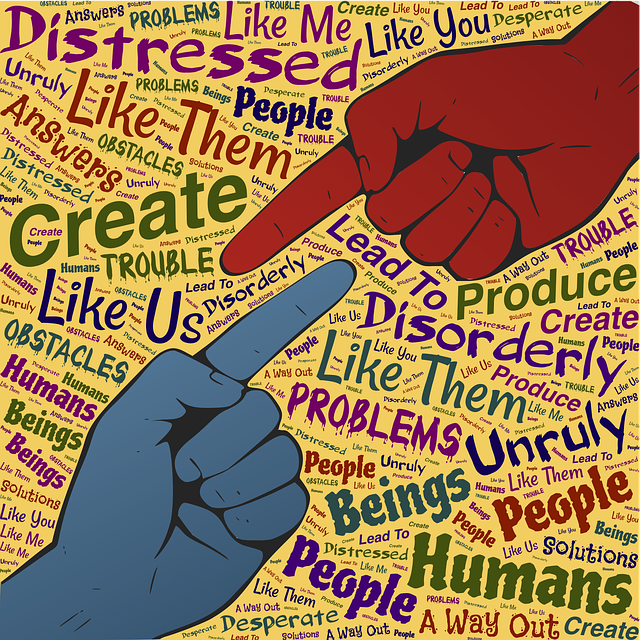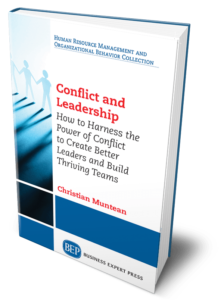When Winning is Losing: How to Avoid Losing it All Along the Way

 “The armies separated; and, it is said, Pyrrhus replied to one that gave him joy of his victory that one other such victory would utterly undo him. For he had lost a great part of the forces he brought with him, and almost all his particular friends and principal commanders.”
“The armies separated; and, it is said, Pyrrhus replied to one that gave him joy of his victory that one other such victory would utterly undo him. For he had lost a great part of the forces he brought with him, and almost all his particular friends and principal commanders.”
— Plutarch, Life of Pyrrhus
Pyrrhus was King of the Greek city of Epirus, and a highly skilled commander. For fifteen years, he waged war with the city of Rome. During the Battle of Asculum, in 279 BC, he finally secured a significant tactical victory against the Romans. However, he also incurred massive and overwhelming losses while winning that battle. So much so, he was forced to quit his campaign against Rome. This event struck a chord in history. The term Pyrrhic Victory entered the English language, meaning: A victory that costs so much it’s the same as being defeated.
This Spring, I will celebrate my 12th wedding anniversary. One thing that I’ve learned is that trying to win a fight in a marriage is risky business. Why? Because if I win, we lose. It’s difficult to be victorious over a spouse without undermining the foundation of the relationship. This doesn’t mean we shouldn’t disagree, sometimes even intensely. But it does mean that how we disagree intensely matters.
Winning a fight just to lose a relationship that matters – is the very definition of a Pyrrhic Victory.
The State of the Union
Like many, I’ve watched current events unfold in a state of near disbelief. Actually, I’ve felt that way for at least a year. I’ve spent years living and working in places like the Balkans, the Middle East, Africa and Latin America. What is normal there is dangerously close to becoming normal here:
- An unquenchable, Machiavellian thirst for power. It is never satiated by achieving a goal. Only by not losing position.
- Demonization of anyone who disagrees and reducing them to caricatures – not people. Not citizens. Not neighbors or family.
- Intentional splitting behaviors – sharpening any divide between “us and them”.
- The distorted appeal to higher virtues, principles and morality – while ignoring personal application of the same.
- The use of “the good of the people” to excuse any kind of behavior, almost none of which is ultimately good for the people.
The descriptions above don’t describe “them.” Unfortunately, they describe “us.” Or at least an awful lot of us, an awful lot of the time.
What’s To Be Done By Us Regular People?
Perhaps the most powerful political philosophy in American culture can be summed up in the words, “You’re not the boss of me!” But who is? The sentiment of our government being formed for the people, by the people, and answerable to the people expressed by Daniel Webster, Abraham Lincoln and others suggest that we are. We are supposed to be the “boss” of ourselves. (And we are supposed to figure out how to do this collectively.)
Where does being the “boss” of ourselves start? Well, let’s begin by where it doesn’t start. It doesn’t start with me, pointing my finger at you, and assigning you responsibility for how I live my life today. It starts with self-control. Acting with discretion. Thinking consequentially. Being respectful (even if we don’t always feel respect.) It starts with treating people we disagree with–as people. Offering them the same basic level of respect and dignity that we would hope for ourselves. (Golden Rule, anyone?)
Last year, and now this, has been the national equivalent of a shouting match between a married couple. Complete with thrown frying pans and holes punched in walls. Everyone desperately wants to be heard, but no one is listening. Everyone has said and done enough wrong through the course of the fight to justify whatever wrong the other side has committed or is considering.
Eventually the mutual distrust and disrespect escalate to a point where it takes on an energy of its own. A National tantrum.
A Better Response
This country will not benefit from any one party or movement’s Pyrrhic Victory. The strength of our National union isn’t benefitted by destroying members of that union. This doesn’t mean we shouldn’t disagree. This doesn’t mean that those disagreements shouldn’t be intense. But it does mean that how we disagree matters. More than what most people appreciate.
My appeal to you, leaders, is to rise above. By this I don’t mean rising above the “other side” and be better than them (and slapping our own backs for our moral superiority). But to rise above the frustrations, anxiety, fear, disgust, offenses, or hurts and reactionary responses that so easily drag us down.
Turning It Around
Early in my marriage, I got stuck in a phase where I let myself mull on all the things about my wife that frustrated me. It was very easy to go to that dark place in my heart. I’d pull out that carefully recorded list of her failings—real or potential—and meditate on them. That little habit messed me up. It was not good for me. Definitely not good for our relationship.
Then I finally recognized what I was doing. Now, that list felt 100% accurate. I had the evidence. The emotional weight was there. But I knew I needed to change something, and changing her wasn’t working. According to my myopic and self-oriented sense of justice – she was wrong.
But what did I really want? What would provide the emotional satisfaction I sought? Honest answers to that question caused me to realize that there could be no value in this line of thought. What I thought I wanted would destroy what I really wanted.
So, I started changing myself. Not surprisingly, when I changed, my perspective changed. My attitude changed. Over time, the relationship changed too. That’s what I really wanted. But I had to stop asking her to be the change I sought.
As a leader, there is a limit to the changes I can try to force. Especially without incurring a destructive cost. However, I can address my attitudes and behaviors. Leaders influence the thoughts, decisions and actions of others. Are our own attitudes, decisions and behaviors the kinds that produce positive change?
Are you willing to change? To change how you see “the other?” To change how you disagree? We know it takes two to tango – but only I can dance my dance.
My Offer
Several years ago, I wrote a book called Conflict and Leadership. The origins of the book began during a civil war in southern Sudan. I’ve been there. I’ve seen it. The content in this book has helped thousands of people change how they relate to disagreements. It’s used as a university text-book. It’s been used in organizations ranging from businesses to government agencies to non-profits and churches. It’s practical and it works.
The content in this book has helped thousands of people change how they relate to disagreements. It’s used as a university text-book. It’s been used in organizations ranging from businesses to government agencies to non-profits and churches. It’s practical and it works.
We can and should be able to disagree. As leaders, we can lead the way in framing disagreements that ultimately result in stronger relationships, higher trust, and more effective decision-making. I’m so bothered by what is going on right now – that I want you to have a copy. I believe it can help. If you are willing to pay for shipping – I’m willing to pick up the costs of the book and handling*.
My hope and my prayer is that leaders around this country do choose to rise above the meanness of the day and demonstrate a willingness to do the hard work of relating well.
Take good care,
Christian
*The offer for a free copy of my book Conflict and Leadership will run through to the end of January 2021. Please take advantage of it – for yourself or someone you care about.
Further Reading:
What is a Leader’s Responsibility When Conflict Occurs?
Conflict & Leadership – What Leaders Need to Know
Categories
Get Christian’s Newest Book: Train to Lead

Download my free 10-page eBook:
How To Accomplish More Without Doing More:
Eight Proven Strategies To Change Your Life
Discover how to save eight hours during your workweek-even if you're too busy to even think about it. The resource every maxed out executive needs.